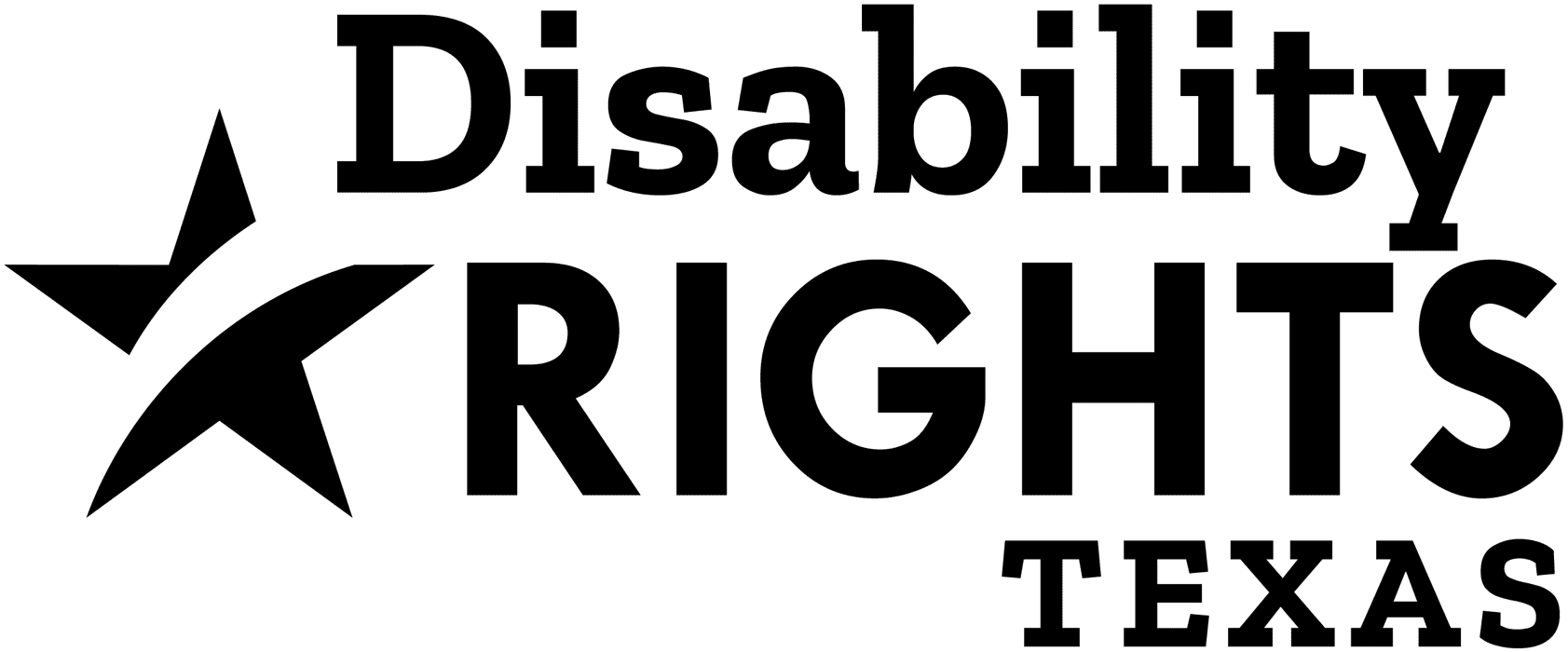Table of Contents
Disasters and emergencies don’t just put you at risk physically. When an event occurs, your mental and behavioral health could also be impacted by the trauma and uncertainty associated with the disaster.
People respond to traumatic events in different ways and recognizing your personal needs is critical to your recovery and overall well-being. Identifying potential resources or supports to address your mental and behavioral health needs is important to building your resiliency and supports your ability to recover from all types of events.
The information below includes some of the resources you can turn to for mental and behavioral health supports.
Local response
Organizations like the American Red Cross – which may already be involved in your city or county’s response plan – provide services to support mental and behavioral health needs in emergency shelters or canvassing activities. Ask your local emergency management department how they plan to support disaster behavioral health needs.
Other local help
Texas Disaster Behavioral Health Services (DBHS) helps state and local emergency management departments provide disaster behavior health intervention for stress reactions to specific incidents. Contact your local emergency management department or contact DBHS at 512-206-5555 or email DBHS to learn about the local disaster mental health response plan.
In a presidentially declared disaster, additional programs to support mental and behavioral health after a tragic event may be available through DBHS or the Texas Health and Human Services Commission. Also, the Crisis Counseling Assistance and Training Program (CCP) is provided by a federal grant from FEMA to support Texas in response efforts. Providers and services may vary per event, so check the CCP website for applicable information.
Helpline
If you are experiencing emotional distress related to any disaster, anytime of the year, the Substance Abuse and Mental Health Services Administration’s Disaster Distress Helpline provides disaster crisis counseling. The helpline operates around the clock – 24/7, 365 days a year – and is available via phone call or text in English, Spanish, and American Sign Language (ASL).
Help for kids
Children’s mental health can be impacted by disasters or emergencies. For tips and resources, see FEMA’s Helping Children Cope and the Centers for Disease Control and Prevention’s Helping Your Child Cope with a Disaster.
Also, if kids are having difficulties at school after an event, ask your school officials what resources and interventions are available, and when referrals for special services may be warranted.
Local Mental/Behavioral Health Authority
If you are currently receiving services or supports from your Local Mental Health Authority (LMHA) or Local Behavior Health Authority (LBHA), be sure to inquire about local plans to ensure continuity of operations, if the facility is damaged or services are disrupted. How will you continue to receive those services or supports? Find your Local Mental Health or Behavioral Health Authority.
Additional information
For more information related to health and disasters, see:
Last updated: August 18, 2025
Publication Code: DPR19

www.DRTx.org
Statewide Intake: 1-800-252-9108
Sign Language Video Phone: 1-866-362-2851
Purple 2 Video Phone: 512-271-9391
Online Intake available 24/7: intake.DRTx.org
Disclaimer: Disability Rights Texas strives to update its materials on an annual basis, and this handout is based upon the law at the time it was written. The law changes frequently and is subject to various interpretations by different courts. Future changes in the law may make some information in this handout inaccurate.
The handout is not intended to and does not replace an attorney’s advice or assistance based on your particular situation.
To request this handout in ASL, Braille, or as an audio file, contact us.
Print This Page